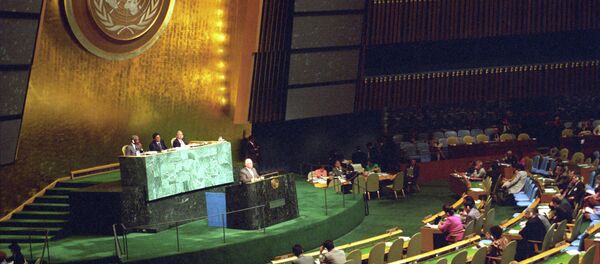“Legal safeguards against government snooping on our communications were eroded or bypassed in many countries in the past year, with 84% of Web Index [surveyed] countries failing our test for basic privacy safeguards, up from 63% in the 2013 Index,” the report published on the foundation’s website on Wednesday stated.
The United Kingdom, the United States, Australia, Canada and France all scored three out of a possible 10 in providing legal safeguards to ensure that surveillance did not interfere with rights to privacy. Russia, China and Turkey received the same score. Based on the survey's ranking, three or below indicated a very poor performance.
84% of countries don’t effectively protect privacy online communications. #WebIndex - http://t.co/nxjBSk4hgj pic.twitter.com/kRAwtmeDiM
— The Web Foundation (@webfoundation) December 11, 2014
The WWW Foundation also highlighted that companies received increasing government demands for user data. For instance, online social networking service Twitter, reported a 78 percent increase in demands while Facebook a 30 percent increase on the previous year.
Further to this, some 1.8 billion people in the 86 countries surveyed face severe limitations on their rights online with extensive government censorship of politically or socially sensitive content, according to the report.
Many governments, contrary to a 2013 United Nations resolution calling on countries to review their internet privacy laws, are creating new laws, giving various agencies the power to “snoop”, as stated in the report.
France passed a law late last year to allow police and other agencies to access internet user data without prior authorization, while the United Kingdom recently rushed to pass its Data Retention and Investigatory Powers Bill (DRIP). In Australia the entire internet is monitored with a single warrant and in South Africa warrantless tapping of “foreign internet traffic” was authorized, according to the report.
The report concluded calling on governments to promote freedom of speech and recognize the internet as a fundamental human right.


